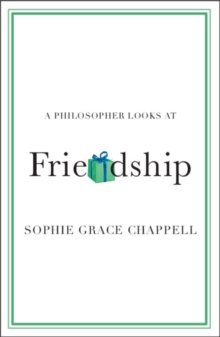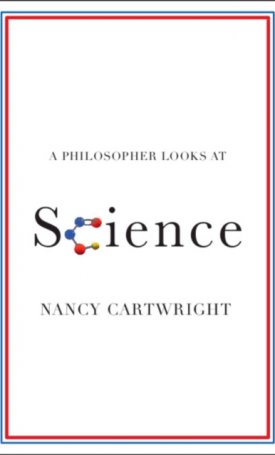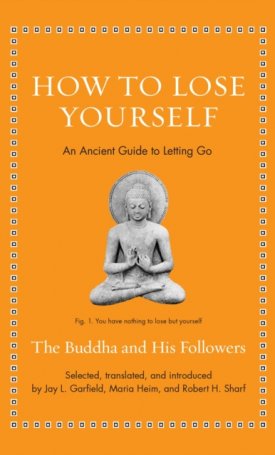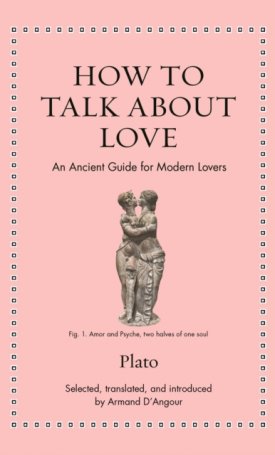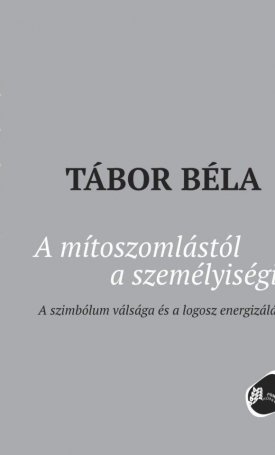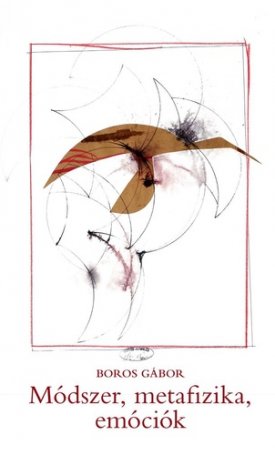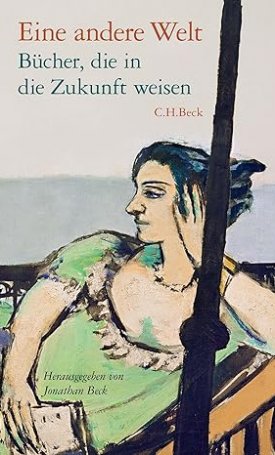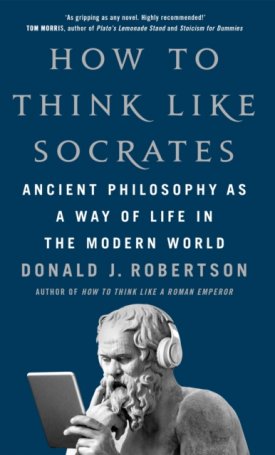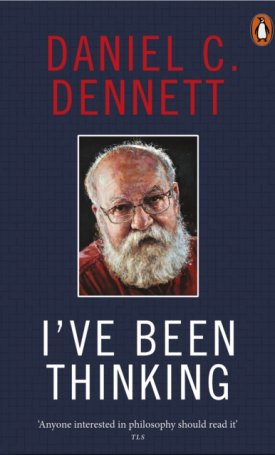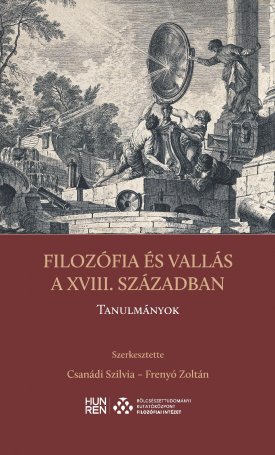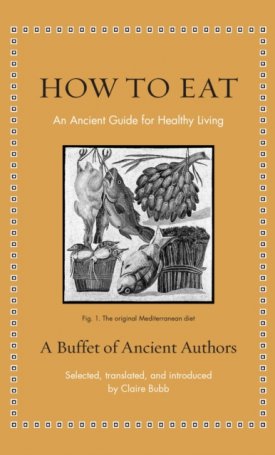A Philosopher Looks at Human Beings
ISBN: 9781108820431
Language: english
Size: 130*196
Weight: 282 g
Page no.: 208
Publish year: 2021
A Philosopher Looks at Human Beings
ISBN: 9781108820431
Language: english
Size: 130*196
Weight: 282 g
Page no.: 208
Publish year: 2021
Why do we think ourselves superior to all other animals? Are we right to think so? In this book, Michael Ruse explores these questions in religion, science and philosophy. Some people think that the world is an organism - and that humans, as its highest part, have a natural value (this view appeals particularly to people of religion). Others think that the world is a machine - and that we therefore have responsibility for making our own value judgements (including judgements about ourselves). Ruse provides a compelling analysis of these two rival views and the age-old conflict between them. In a wide-ranging and fascinating discussion, he draws on Darwinism and existentialism to argue that only the view that the world is a machine does justice to our humanity. This new series offers short and personal perspectives by expert thinkers on topics that we all encounter in our everyday lives.
A clear, comprehensive picture of the fundamental debates surrounding the distinction between humans and other animals, perfect for the general reader but uncompromising with respect to scholarship
Inherently interdisciplinary, drawing on ideas in ethics, biology, the history of science and theology
Argues strongly that evolutionary theory, especially Darwin's theory of evolution through natural selection, should play a central role in philosophical discussions about biology and ethics
Table of Contents
Introduction
1. The status of humans
2. Mechanism versus organicism
3. Darwinian evolution
4. Mechanism and human nature
5. Organicism and human nature
6. The problem of progress
7. Morality for the organicist
8. Morality for the mechanist
Epilogue.
Michael Ruse, Florida State University
Michael Ruse is the former Lucyle T. Werkmeister Professor of Philosophy at Florida State University. Over his fifty-year career he has authored and co-edited over sixty books on topics ranging from the history and philosophy of science, especially evolutionary biology, to the philosophy of religion. They include Can a Darwinian be a Christian? (Cambridge, 2004), The Gaia Hypothesis: Science on a Pagan Planet (2013), and A Meaning to Life (2019).









